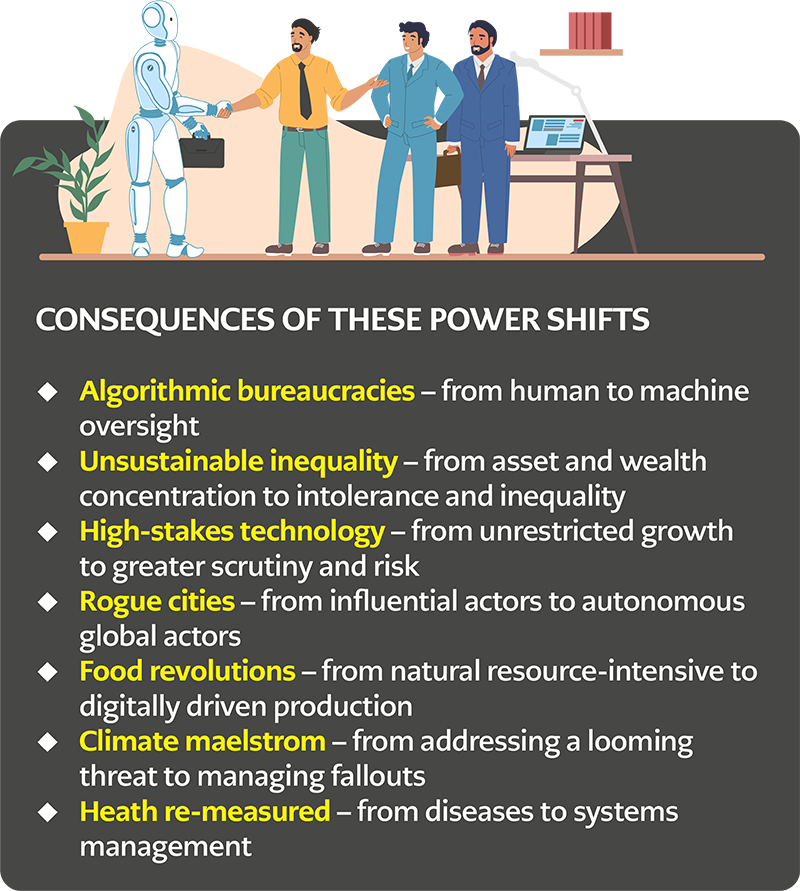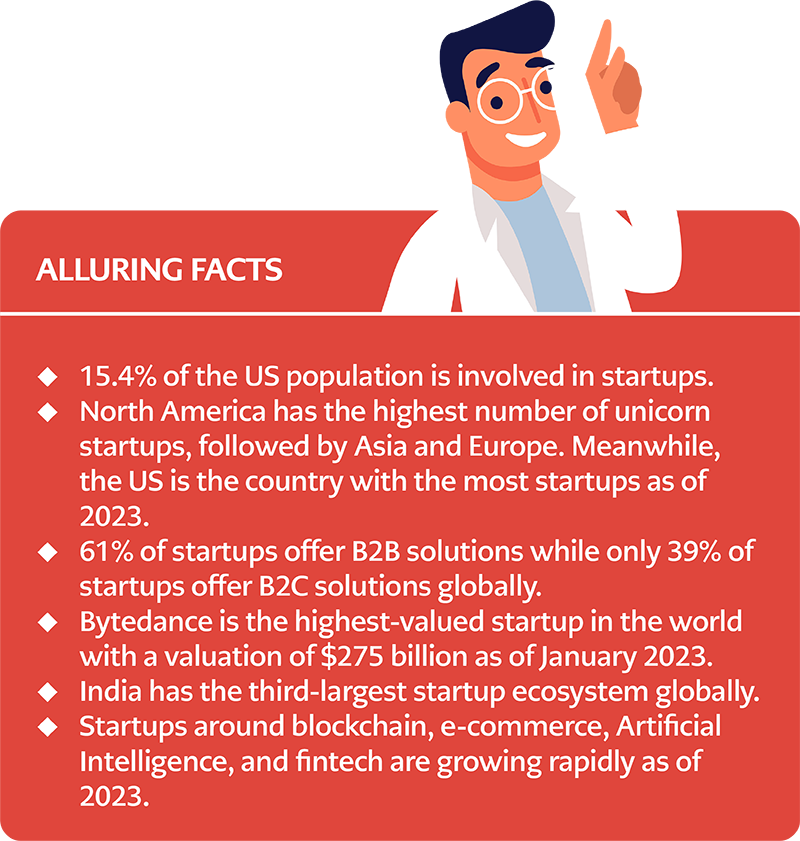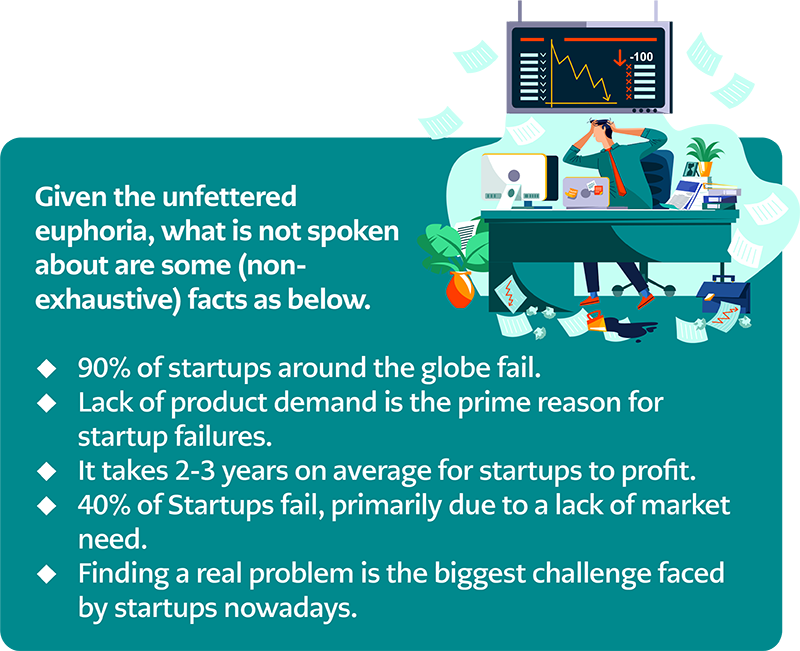However, beginning in late 2017, cryptos began to see unprecedented growth. The total market cap for all cryptocurrencies reached $820 billion in January 2018 before crashing later that month. Despite this crash, the crypto market has seen steady growth and is currently at $829 billion (end 2022), post a 64.1% crash from a high of $2.3 trillion as of the beginning of 2022.
The interesting facet of this new development is its touted ability to provide alternative models to fractional reserve banking and eliminate the stranglehold (on money) by central banks. Decentralised finance came into play, with offshoots around fiat-backed currencies, free-floating ones et al. Technologists began unleashing a plenitude of alternative solutions and new terms like proof-of-stake, burning, tokens, etc. Of course, as with any new technological development, fraudsters and opportunists abound. Scams around initial coin offerings, phishing attacks to steal billions of dollars worth of cryptos from secure wallets, and blurring lines between exchanges and trading entities began to emerge.

Cryptocurrencies were first mentioned in 1989, and fast forward to 2009/10, transactions in bitcoin began to take steam.
It may be opportune to look at this industry from the standpoint of new-age technologists taking on the traditional fractional reserve banking system. Their end goal seems to be to bring down unfettered capitalism (by enabling the decentralisation of finance and constituent participants). We are now witness to the spawning in the crypto world, much the same type of institutions as in the traditional fiat world – crypto hedge funds, liquidity providers, P2P providers, wallet operators, exchanges, trading entities, merchant services, et al. Altruistic goals of replacing traditional economics have corrosively morphed into models similar to capitalism, which are now globalised and distributed without checks or balances.
Will we see the emergence of new “media of exchange”, also known as alternative currencies like crypto, carbon, barters, and mutual credits? Will they become mainstream? Will they complement fiat currencies and monetary policies or replace fractional reserve banking systems altogether? The prospects are exciting yet concerning at the same time. Are we prepared to manage the inherent chaos resulting from such monumental shifts? Will segments of the population remain excluded from such emergent systems yet again?
Voiding Lip Service to Change
The range of things happening around the world with cultural, social, economic and living ecosystems is increasingly complex and uncertain. Yet, the most difficult task seems to be determining which systems will survive and enable co-existing and self-sustaining subsystems and those that will remain transient fads. The consequences of our actions shall determine what prevails. Unfortunately, however, we seem to witness and participate in conversations that emanate from the digital consumer-centric world, subsuming every other subsystem necessary to deliver on the promises of enterprise resilience, economic well-being, environmental protection, and social cohesion. It is crucial to appreciate and understand the consequences of these power shifts; if we are to make any difference in the future, we all have a stake in it.


Enterprises must shift their focus toward embracing these fundamental shifts in their businesses and ecosystems. Technologies are a great fillip to enable. However, it is important to understand that technical change won’t just come from digital technologies. A combination of biotech, energy, and materials science advances will open new frontiers in innovation and organisational strategy and introduce profound new risks. Meanwhile, all the enabler entities – governments, accelerators, venture capitalists, investors – shall have to continue playing an active role but shift focus from short-term profit maximisation goals toward solutions that herald planetary sustenance. In short, enterprises must recalibrate anticipation models to rebalance efficiencies and resilience while rethinking boundaries and reimagining value.
About the Author







